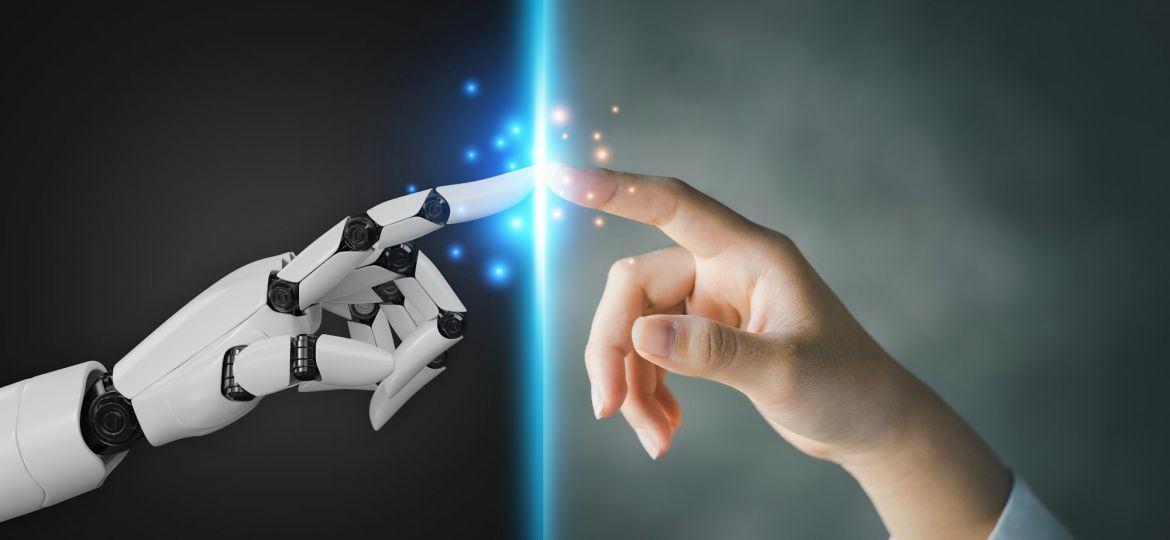
The integration of automation and human skill is not just an emerging trend but a necessary evolution. As technology advances, the dialogue around automation often polarizes opinions, with some heralding it as the future of productivity, while others fear the erosion of human jobs. However, the nuanced truth lies in the potential for a symbiotic relationship between machines and human expertise, creating workspaces that are not only more efficient but also more innovative. This article explores how the balance of automation and human skill can be effectively managed in future workspaces and the potential for synergy between machines and human capabilities in shaping the jobs of tomorrow.
Balancing Automation and Human Expertise in Workspaces
The quest for efficiency in workspaces has invariably led to the integration of automation in various aspects of work. Yet, the key to leveraging automation lies not in replacing human skill but in complementing it. Automation can handle repetitive, time-consuming tasks, freeing up humans to focus on complex problem-solving, creative endeavors, and decision-making processes that require emotional intelligence and nuanced judgment. This division of labor maximizes productivity and innovation, ensuring that the strengths of both humans and machines are utilized to their fullest potential.
Moreover, the advent of AI and machine learning has introduced a new dimension to workplace automation, making it more adaptable and capable of undertaking complex tasks. However, these technologies still require human oversight to guide their learning and correct inaccuracies. This underscores the importance of human expertise in not only overseeing automated processes but also in training and refining them, ensuring that automation becomes a tool that enhances rather than detracts from human work.
The integration of automation into workspaces also necessitates a shift in focus towards skills development and continuous learning for employees. As routine tasks become automated, the value of human work shifts to areas that machines cannot easily replicate, such as creativity, strategic thinking, and interpersonal skills. By investing in skills development, organizations can ensure that their workforce remains competitive and complementary to automated systems, fostering an environment where both can thrive.
The Synergy of Machines and Human Skills in Future Jobs
The future of work is poised on the cusp of a revolution, where the synergy between human skills and machine capabilities can lead to unprecedented levels of productivity and innovation. In sectors where precision and efficiency are paramount, such as manufacturing and data analysis, automation can significantly reduce errors and increase output. When paired with human oversight, which brings creativity and strategic thinking to the table, the result is a dynamic workflow that can adapt and innovate.
This synergy also opens up new job opportunities and roles that focus on the management, maintenance, and ethical considerations of automation technologies. Human workers will be essential in designing, monitoring, and refining the algorithms and systems that power automation, ensuring they align with societal values and ethical standards. This creates a landscape where technology and human insight work hand-in-hand to push boundaries and explore new possibilities.
Furthermore, the collaboration between humans and machines in future jobs will enhance the learning and adaptation process for both. Humans will learn to work more effectively with machines, understanding their capabilities and limitations, while machines will become more attuned to human needs and nuances through sophisticated AI and machine learning algorithms. This mutual adaptation will pave the way for workspaces that are not only more efficient but also more attuned to human values and aspirations.
The integration of automation and human skill in future workspaces presents an opportunity rather than a threat. By balancing the strengths and capabilities of both, organizations can create environments where efficiency and innovation flourish. The future of work will likely be characterized by a collaborative synergy between machines and humans, each enhancing the other’s contributions to achieve common goals. As we move forward, the focus should be on fostering this partnership, ensuring that automation serves to amplify human potential and creativity, rather than diminish it. In doing so, the workspaces of tomorrow can be places where technology and human expertise combine to create a brighter, more productive future.

